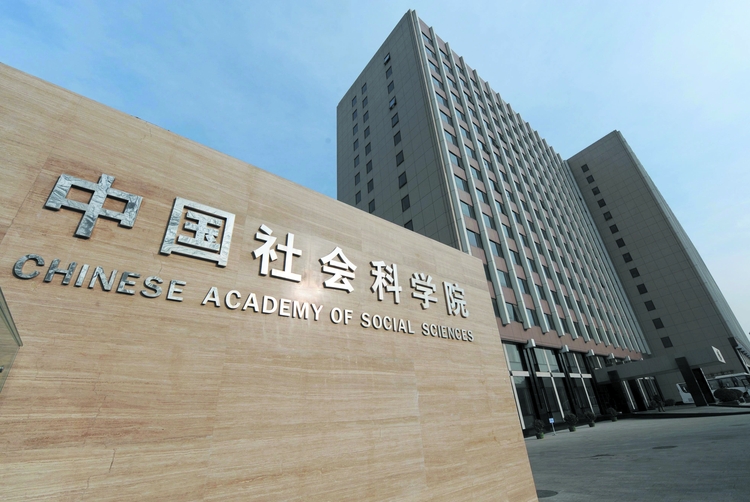Xi: Support from think tanks fuels reform

President Xi Jinping called for the development of new think tanks tailored to meet
Xi said the cultivation of intellectual resources is one of the highest priorities for a nation because they play a crucial role in governing a country successfully. The greater the reform, the more intellectual support is needed, he said.
"Building a new type of think tank with Chinese characteristics is an important and pressing mission,” Xi said. “The aim should be to promote scientific and democratic decision-making, to advance the modernization of the country's governance system and ability, as well as to strengthen
Scholars said this moment is a crucial juncture for Chinese think tanks because they face the challenge of solving a variety of major public policy issues and mitigating conflicts among various interests. At the same time, there is also an opportunity to gain greater influence and international reputation given
Modern national governance
During his tenure in office, Xi has written several guidelines that lay out the overall requirements for building new think tanks with Chinese features. In April 2013, Xi elevated the construction of think tanks to the level of a national strategy, saying that think tanks are a vital element of the nation’s soft power, and he highlighted the importance of building new think tanks with Chinese features.
The third Plenary Session of the 18th CPC Central Committee in November 2013 passed a draft to facilitate the building of new think tanks with Chinese characteristics and improve the consultation system for policy-making.
The year 2013 was a fruitful one for Chinese think tanks as research institutes and universities worked to construct a new breed of think tanks. The months following the third Plenary Session of the 18th CPC Central Committee saw a rapid increase in the number of think tanks, but the nation is still in the early exploratory stage in terms of building think tanks custom made for
Shang Wei, a researcher at the Academy of Military Science, said that think tanks are now becoming an important component of the modern national governance system, and it is safe to say they will achieve more as China makes progress in reform and opening up, leading to greater scientific and democratic decision-making and more information transparency.
Xi’s proposal aims to abandon reform by trial and error in favor of a decision-making process that is more detailed and scientific, said Tang Lei, an associate research fellow at the
New development model
Currently,
Da Wei, director of the
“That is the American political system, and it does not fit
Think tanks are not new, but developing a new type of think tank that is designed for
Building international influence
Xi said that think tanks affiliated with all facets of society, including the Party, the government, the Chinese Academy of Social Sciences, the army, enterprises as well as non-governmental think tanks, should be developed in a coordinated way to form a think tank system with clear definitions, features and appropriate scales.
Internationally renowned and influential think tanks are needed as well as some professional think tanks, Xi said.
To increase international influence of think tanks, scholars suggested that the best among them should emphasize research as well as the promotion of their publications and reputation.
Chinese think tanks currently lag behind in terms of their awareness of and ability to utilize new media and the Internet. Compared to their Western counterparts, Chinese think tanks lack international influence.
To solve this, Chinese think tanks should strive to give their websites a global orientation, thereby transforming them into tools for enhancing international influence, said Wang Lili, deputy dean of the National Academy of Development and Strategy, Renmin University of China.
“For think tanks, research projects and brand marketing are equally important,” Shang said. “At present, the construction of a new type of think tank with Chinese characteristics has just begun, which requires high-quality research and some wise marketing strategies
Da stressed that it is necessary to focus on improving research capacities while providing solutions to all sorts of problems for the government and society.
Xue Lan, dean of the
The Chinese version appeared in Chinese Social Sciences Today, No. 663, Oct.31, 2014
The Chinese link is: http://www.cssn.cn/xspj/xspj_tt/201410/t20141031_1383420.shtml
Translated by Yang Xue
Revised by Justin Ward
